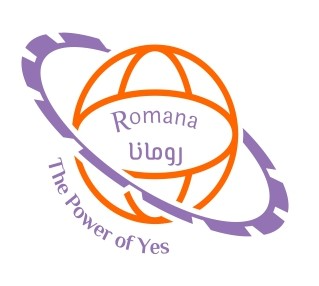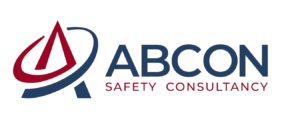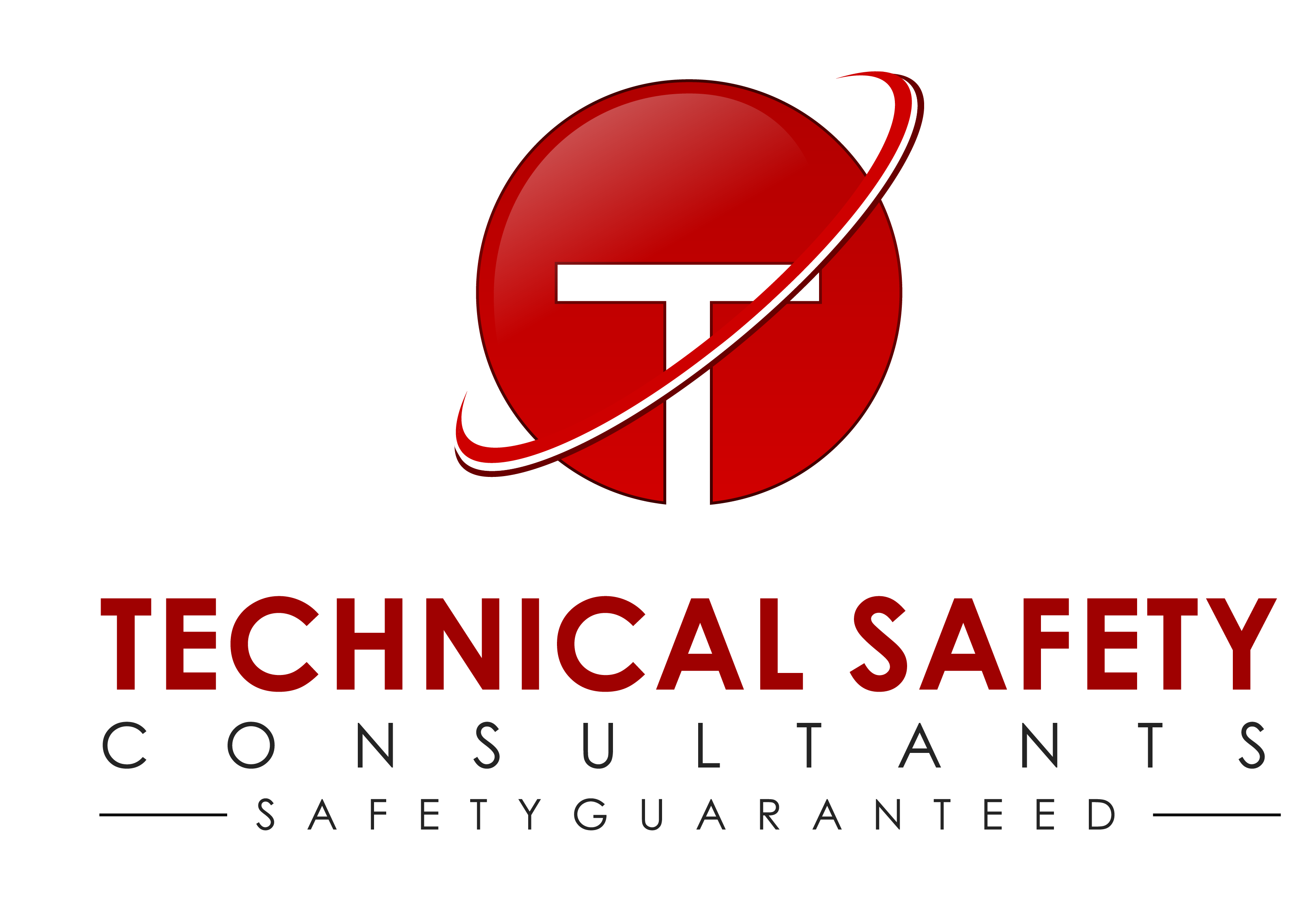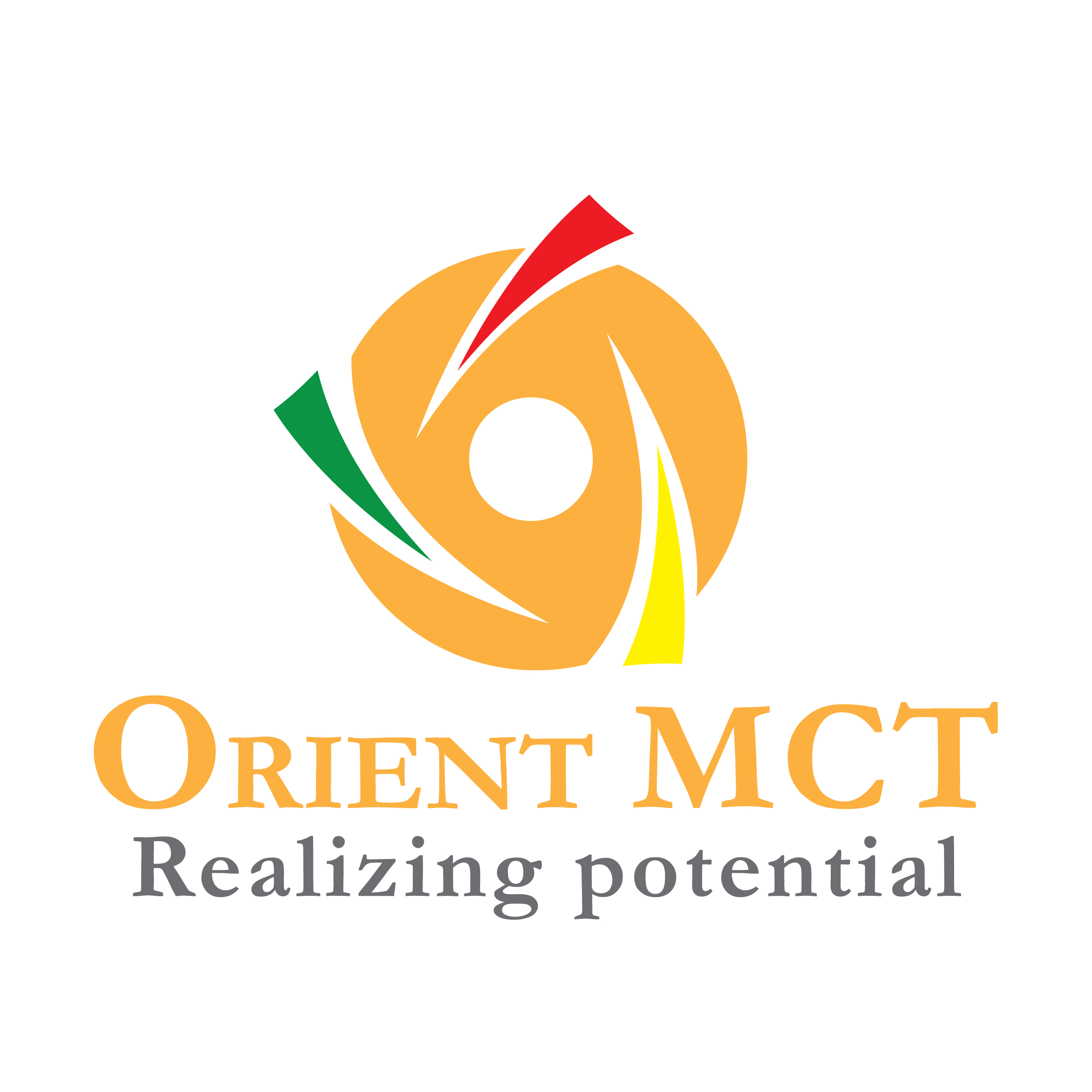Forklift operator safety training is crucial for preventing workplace accidents and ensuring compliance with occupational safety regulations

1. Regulations & Compliance
OSHA (Occupational Safety and Health Administration) in the U.S. requires forklift operators to be trained and certified under 29 CFR 1910.178(l).
Employers must provide training and evaluations at least once every three years or when an operator is involved in an accident or unsafe operation.
2. Forklift Basics & Types
Types of Forklifts (Counterbalance, Reach Truck, Pallet Jack, etc.)
Parts of a Forklift (Mast, Carriage, Forks, Counterweight, etc.)
Pre-Operation Inspections (Checking tires, hydraulics, brakes, lights, etc.)
3. Safe Operating Procedures
Starting & Stopping: Proper ignition and shutdown procedures.
Load Handling:
Checking load capacity & stability.
Lifting, lowering, and tilting safely.
Avoiding overloading.
Maneuvering:
Driving on inclines, ramps, and different surfaces.
Maintaining a safe speed and stopping distance.
Using mirrors and horns for visibility.
Pedestrian Safety:
Maintaining a safe distance from pedestrians.
Using warning signals and designated pathways.
4. Workplace Hazards
Blind Spots & Visibility Issues: Ensuring clear sightlines.
Uneven Surfaces & Obstacles: Avoiding potholes, debris, and ramps.
Load Instability: Preventing tipping due to improper weight distribution.
Environmental Factors: Wet floors, confined spaces, extreme temperatures.
5. Emergency Procedures
In Case of a Tip-Over:
Stay in the forklift, do not jump.
Grip the steering wheel and brace for impact.
Fire & Spill Response:
Know where fire extinguishers and emergency exits are located.
Report hazardous spills immediately.
6. Certification & Practical Training
Operators must undergo:
Classroom Training: Videos, manuals, and quizzes on safety protocols.
Hands-on Training: Supervised forklift operation.
Final Evaluation: A skills test to demonstrate competency.
In today’s dynamic business environment, maintaining compliance, safety, and quality is essential for success. Romana Skills Training LLC is a KHDA & Dubai Municipality-approved training and consultancy provider dedicated to helping businesses enhance safety standards, meet regulatory requirements, and drive operational excellence.
We offer expert-led training and consulting services in Food Safety (HACCP, ISO 22000), Health & Safety (HSE), Quality Management, and Environmental Compliance, ensuring that organizations across various industries—food manufacturing, hospitality, healthcare, construction, and more—achieve full regulatory compliance and operational efficiency.
With a strong focus on tailored solutions, we empower businesses with practical knowledge and strategies that reduce risks, improve workforce competency, and enhance overall performance. Our commitment to excellence and continuous improvement has helped numerous clients meet Dubai Municipality, ISO, and global safety standards successfully.
Partner with Romana today and unlock excellence in safety and compliance!
(Institute Review)
55 years ago(Institute Review)
55 years ago
A banks man is a trained Slinger and Signaller, and must always be used during lifting operations.

Manual handling training is offered by 'Safegreen Occupational Safety Training' to provide you the knowledge and understanding of performing activities like pulling, lowering, lifting or pushing that involves some form and level of risk.

This is a basic safety awareness training for Electrical Safety teaching you everything you need to learn about electrical safety.

Load land, cement or stones and unload or transfer to the excavated area. Measure the amount to be excavated and how deep.

This HABC Level 2 International Award in Risk Assessment qualification will improve your knowledge-base related to risk assessment at the workplace. You will learn to be more aware of risks and develop skills to control it.
© 2025 www.coursetakers.ae All Rights Reserved. Terms and Conditions of use | Privacy Policy